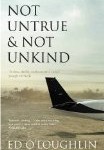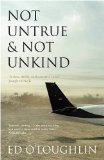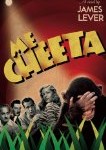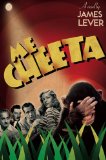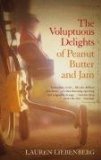
Long listed for the Booker Prize 2009
The Booker long list has rewarded me with another great book that I would never normally have picked up. The Glass Room has an unusual concept, in that the book is based upon a building rather than a person.
Built on a hillside from glass and steel in the 1930s, the building is famous in it’s small Czech town. The book follows the construction of the The Glass Room, followed by the history of it’s occupants over several decades.
I have to admit that the first few chapters would have normally been enough to return this book to the library. I have no real interest in architecture, so the descriptions of the design and construction of the building, although clearly well written and researched, did not hold my attention. Luckily I persevered, and once the Glass Room was complete, the plot concentrated on Viktor and Liesel Landauer, the rich couple who commissioned the building. The dream life in their beautiful new home is short lived as the threat of war looms closer. Viktor is a Jew, so although I don’t want to give anything a way, you can imagine that his life is going to be difficult.
Over the years, the building has many different uses and it was fascinating to see how things changed. This book does concentrate on the war years and so many of the scenes were disturbing.
How do you dismember a body? There are two fundamentally different approaches – that of the surgeon and that of the mad axeman. The one is cool and calculating and progressive, with the application of bone-saw, scalpel and shears. The other is a frenzy of hacking and tearing, with blood everywhere and the taste of iron in the mouth. But whichever way you do it the result is the same – dismemberment.
The quote actually describes the break up of Czechoslovakia, but I thought it was a good example of the descriptive nature of the book. It is quite depressing in places, so is the sort of thing you should only read when you are in the right mood.
I loved the writing. It flowed beautifully, but also contained many great observations:
Ever since Man came out of the cave he has been building caves around him.
Overall I found this to be an engaing, well plotted book, with great characters and a lovely ending. The originality and quality of the writing mean that I am sure this book will make the Booker short list.
Recommended.
![]()
I had not heard of Simon Mawer before, but he has written quite a few books.
Have you read any of them? Which ones do you recommend?

